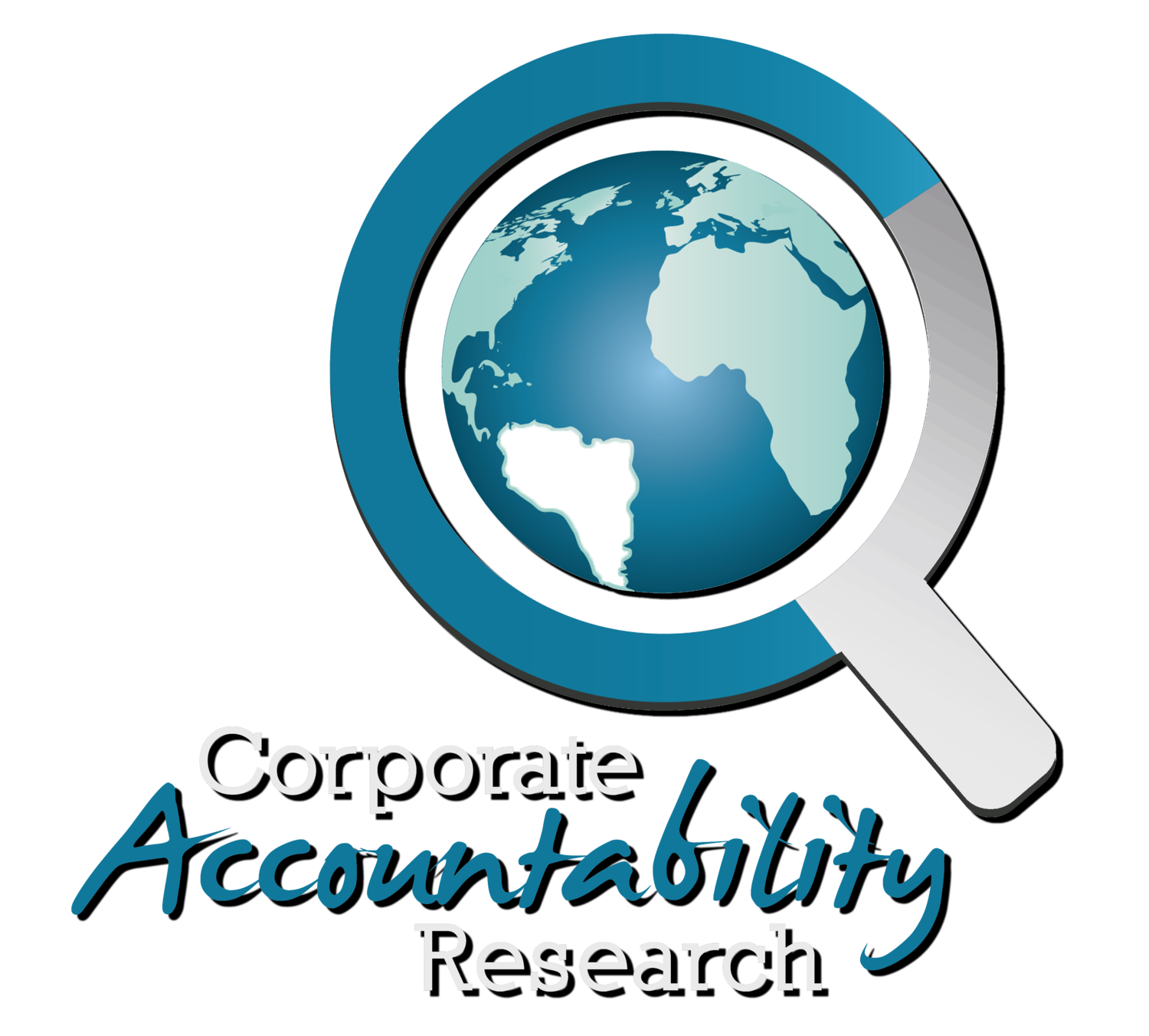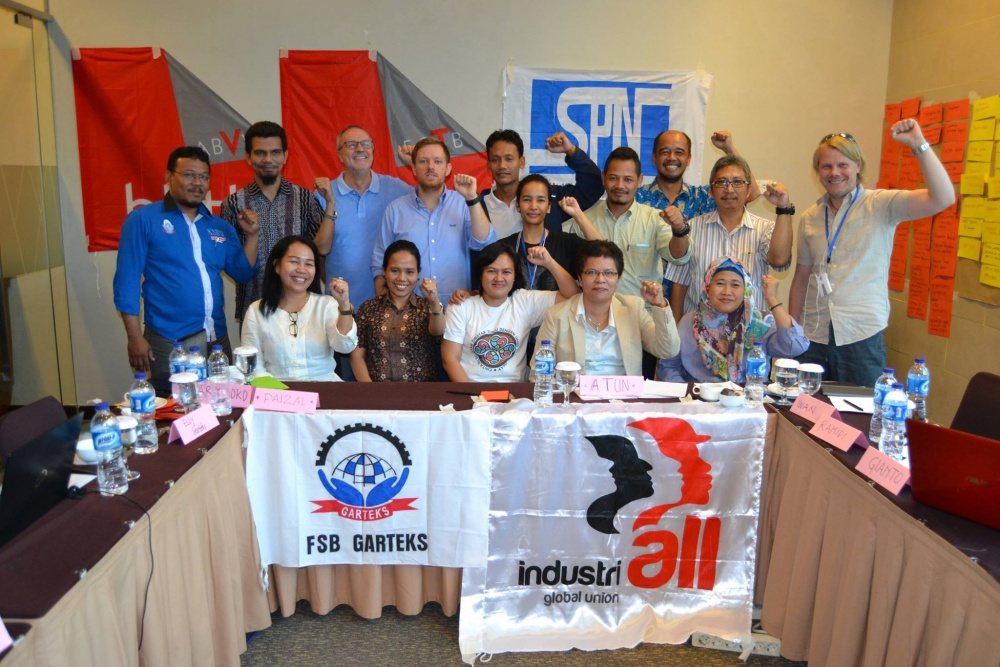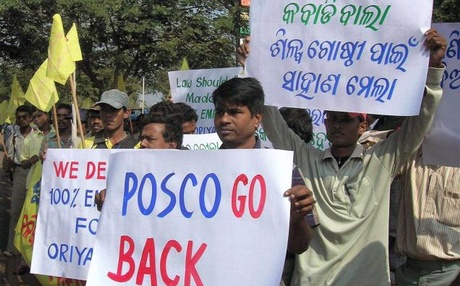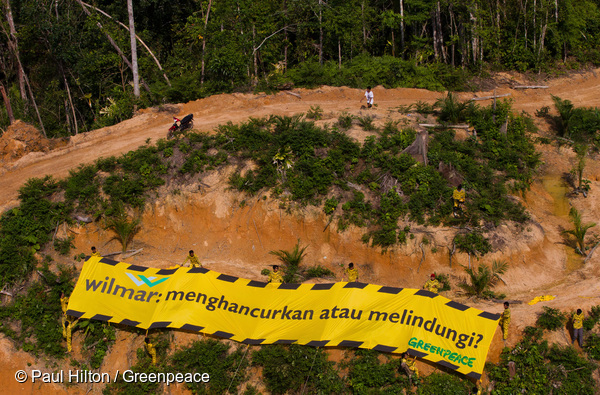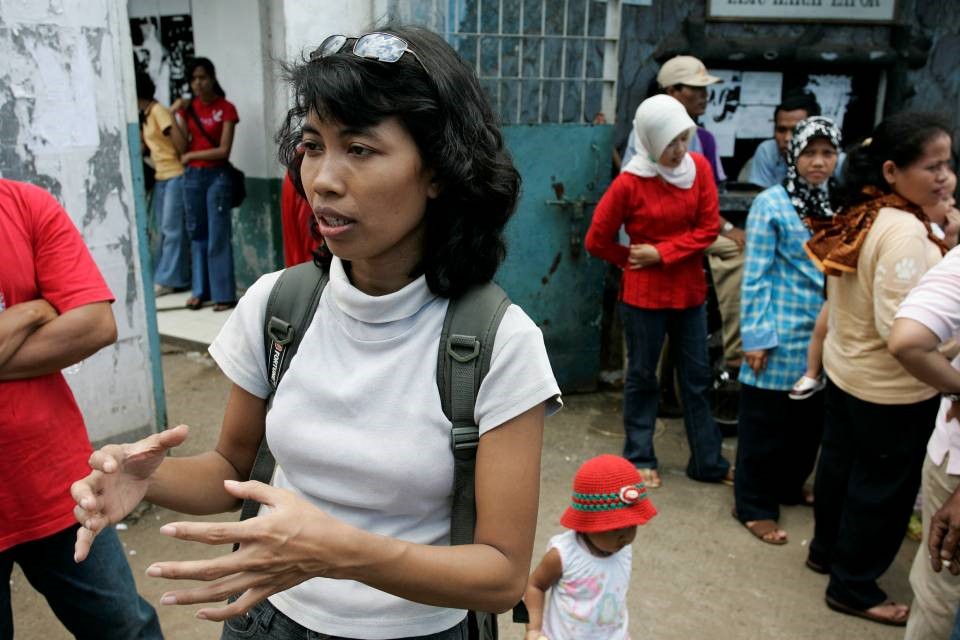Is the juice worth the squeeze?
A guide for communities, workers, civil society and trade unions considering using transnational non-judicial redress mechanism
by may miller-dawkins
Around the world, communities and workers experience human rights abuses from companies. Land is taken without consent. Rivers and land is polluted. Workers work long hours for low wages, in unsafe conditions. Workers cannot organize collectively and bargain with employers. Workers die from unsafe conditions and face abuse and harassment.
What are the options for communities and workers to try to hold these companies to account and to gain some remedy for the harm they have experienced?
This guide shares the findings five years of research focused on whether or not a type of complaint mechanism – non-judicial mechanisms operating across countries – are effective in providing some kind of redress to workers and communities. It shares findings in a form that can potentially help communities and workers, or their partners – trade unions, community organizations, local, national and international non-governmental organizations – to make decisions about whether or not to use such a mechanisms, and if yes, how.
Further information about the report can be read below.
How to use this guide
We hope that this guide is useful as you plan or have conversations within communities, organizations or networks about the best strategy to adopt. The guide does not advise anything specific but tries to set out some of the considerations and explore what the possibilities, costs, and risks of different approaches may be.
You can use the table of contents below to dip in and out to look at specific issues or approaches.
Where possible, we include examples from the cases studied.
This guide does not contain a template for your strategy but we hope that it helps to inform your discussions and ultimately, your decisions about how to try to seek remedy or justice.
